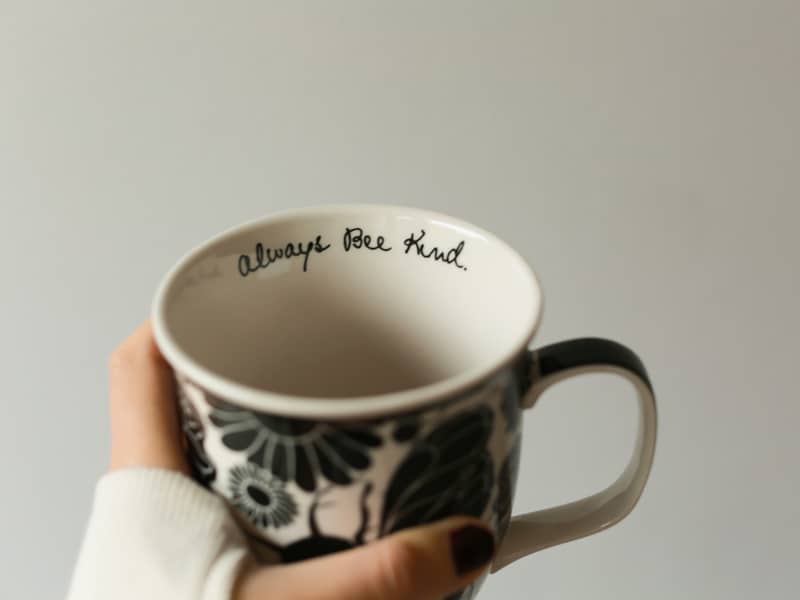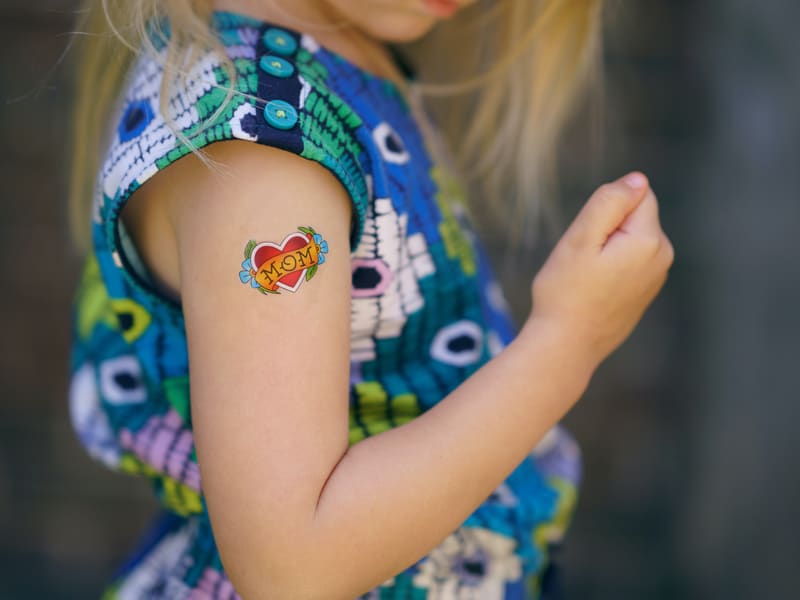Good parents work hard at raising well-adjusted adults. It looks different for everyone, but some things increase your happiness along the way.
I’ve often written that no matter what the tween and teen years have thrown up on me, I’d still take them over the 0-5 years. There is nothing on earth that would make me go back to those early years. Mine were so fraught (three kids almost under 4 is pretty much all you need to know about it). Mind you, as we all do, we’ve learned so much about parenting just by being parents that sometimes I almost, maybe, possibly wish I could go back.
Would I do better raising my five-year-old now that I’ve experienced them at 10, 12, 15, 17? Possibly. Would I be more comfortable, less overwhelmed, more content if I knew then what I know now? Maybe.
No one way to raise a human
So, what exactly do I mean when I say ‘good parents’? Let me tell you, I’m not here to put any kind of parenting up on a pedestal and say ‘This, THIS is how you do it’. Not my style at all. Also, utter bollocks. There is no one way to raise a good human. It’s a universal truth.
That said, there are plenty of personal qualities that I’ve worked really hard on over the years to increase the odds of not having massive fights with my kids all day. See, I’ve always worked on the basis of that other universal truth: you can’t change others, but you can change yourself. And so, I’ve worked just as hard on raising myself as I have on raising my kids.
Like this: To be a good mum, raise yourself first
So, these are the things I’ve worked on the most as we’ve bumbled along to get here (‘here’ being yrs 8, 10 and 11, how’s my life?). The five things I think got me through when all around felt bleak. Quick note: these are not necessarily the traits I’d choose to be a good person (so many, but honesty, humility, gratitude, etc), nor am I touching on the standard characteristics of good relationships (love, presence, affection, etc); rather, these are the personal traits I think got me over the tougher hurdles of parenting.

1. Patience
Ah, patience. Surely the number one requirement of good parents everywhere. I did not possess an ounce of it until the kids came along. Matter of fact, I recall lamenting the fact that pregnancy was at least 3 months too long, given that it was awful for the first three, quite pleasant for the next and then… ready to go when you are, baby.
But I learned, oh how I learned. When my firstborn made me labour for more than 40 hours to see him, I think I was starting to develop a modicum of patience (along with quite a lot of teary frustration, it must be said). I honed my patience skills as he took 10 weeks to learn how to breastfeed and, god help me, 7 1/2 years to sleep through the night. By the time I was a mother of three, I had patience by the bucket load.
So much so that my new-found patience has often helped easy-going me become the stricter parent my kids need. These days, I believe can honestly withstand anything, long after most parents might have given in.
2. Fortitude
You can read this as optimistic courage, grit or resilience, if you like. Every parent needs a relentlessness in fortitude that matches the relentlessness of parenting. It is one thing to have patience in a moment (see above), but to truly believe that tomorrow will be easier, brighter, better than today takes fortitude.
To believe that despite feeling like you have no idea what you are doing pretty much every single day, you will prevail and your children will be okay – that’s fortitude. To stare down a tween in full tantrum mode and say in a calm, assertive manner, “no, not now, not ever, no way”… fortitude.
Try this: A strategy to stop a teen meltdown in its tracks
3. Kindness
Humans are naturally kind, but many factors – like a lack of self-compassion, empathy or learned helplessness – get in the way of us choosing kindness. Many people will happily be kind when asked to be kind, but they have no idea how to set kindness going on their own. Looking out for and taking care of others is a learned behaviour, like any other.
So, we parents need to work on that. We need to be kind to our kids.
Kind parents do little things for their child just because. They allow their child to be different to what they thought they wanted their child to be.
A kind parent opens their home to other people, bringing joyous colour to everyday family life. They notice things that parents who aren’t focused on kindness will not.
Good parents therefore learn to look for the good in their child and the world and let their child know that they are seen and they matter. Good parents mindfully practise being kind so their child can grow up to be kind too.

4. Creativity
Children exist in a world that is abundantly creative because they make it so. They can’t help it – we are born to self-expression and it’s only the ‘shoulds’ and ‘have-tos’ that stamp it out in most of us.
A creative parent is a parent who understands the day-to-day life of kids. They simply ‘get’ where the kids are coming from. Creative parents say yes to the mud pies and don’t give the white dress a second thought because they get it: if mud is there, then pies demand to be made.
Read more: 10 ways to raise creative kids (even when they get older)
Creativity in family life allows time for kids to express themselves in their own way, in their own time. It gives them the opportunity to put their stamp on their daily routines and it allows families to develop their own rituals and rhythm. I think creativity frees us up to ignore the bits of life we don’t want to welcome.
Good parents will basically be creatively able to customise modern life to the needs and wants of the family.
5. Humour
There are not many problems in parenting that can’t be unproblemed with a good dose of humour.
Humour helps all of the other good traits stick together. It reminds us to be patient, it helps us to have fortitude, it brings cheekiness to kindness, and enhances creativity. Humour also makes the bad bits suck a lot less. That old expression, “if you didn’t laugh you’d cry” kept me from weeping constantly from about 2004 through 2012.
Have I ticked off the traits you think are most important? Do you tick off these traits yourself?
Feature image Jeremy McKnight; hug by Priscilla Du Preez; cup of kind by Ava Sol

